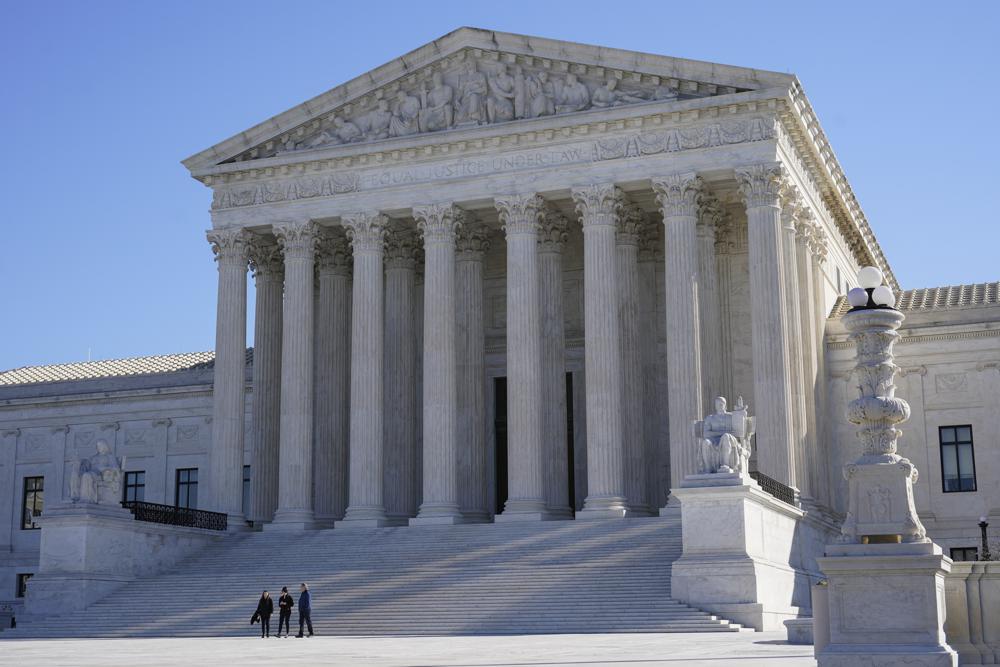Agudath Israel, along with the Jewish Coalition for Religious Liberty and the Aleph Institute, has submitted an amicus curiae (friend of the court) brief asking the Supreme Court of the United States to accept a case concerning the religious liberty of prisoners.
The case, Smith v. Ward, was brought by a Muslim prisoner who requested a religious accommodation to grow his beard, untrimmed, as his religion requires. The prison warden in Georgia denied the request, and the prisoner sued in federal court.
The Eleventh Circuit Court of Appeals ruled in favor of the prison warden, deferring to his concerns about prison security. The prisoner is now asking the Supreme Court to review the case, and the Jewish groups in their amicus brief are supporting the prisoner’s application.
The brief argues that the Eleventh Circuit’s decision violated the Religious Land Use and Institutionalized Persons Act (RLUIPA), which offers broad protection for prisoners’ religious liberty. The brief further argues that such accommodations relating to untrimmed beards are offered at other prisons, and that the Georgia Department of Corrections did not offer sufficient evidence that the untrimmed beard constituted an actual risk.
“This case has the potential to affect the religious liberty of religious prisoners nationwide,” said Rabbi Chaim Dovid Zwiebel, executive vice president of Agudath Israel of America. “Jewish prisoners whose religious practice is to grow their beards may face similar issues.”
“Indeed, beards are not the only religious practice potentially impacted by this ruling. Any one of a number of religious practices – tallis and tefillin, kosher food, Shabbos and Yom Tov observance, to take a few examples – may also be on the line. It is important that the Supreme Court take the case on review and reverse the Eleventh Circuit’s ruling.”
Agudath Israel thanks the law firm Wiley Rein LLP for researching, drafting, and submitting this important brief. Associate Krystal Swendsboe was Counsel of Record, and was joined by partner Stephen Obermeier and associates Natalia Szlarb and Ashlyn Roberts.












2 Responses
And teach them about Yiddishkeit, e.g. לא תגנב.
I am not a פוסק, but I’m guessing that is more important halachically than trimming your beard.
Not to mention the טור, who mentions that on ערב ראש השנה we trim our beard, as we believe that our heavenly court case on ראש השנה, we will come out זכאי.
Kol hakovod to WR and their attorneys whose amicus brief in this case is really outstanding in its clear and cogent statement of the religious accommodation issue. I can’t post the link here but you can readily download the document on Pacer